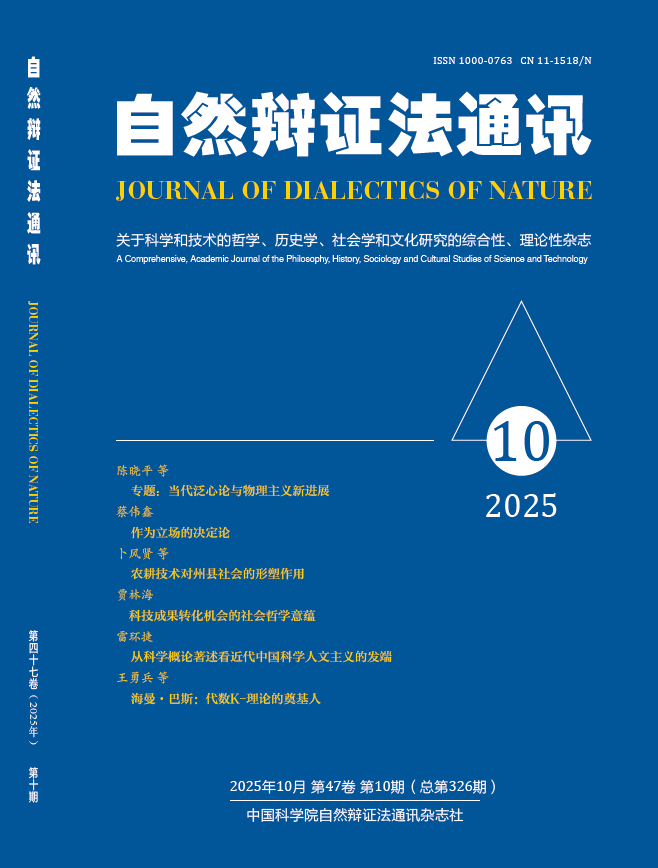

Published Online: 2025.9.10
DOI: 10.15994/j.1000-0763.2025.10.005 CSTR: 32281.14.jdn.2025.10.005
Abstract: Narrative ethics emerged in the mid-1980s as an attempt to redress the defects of principlist ethics. This article introduces the differences and consensus among scholars in defining narrative ethics, and discusses the debate over narrative consistency in the medical practice of narrative ethics. It proposes to replace the concept of narrative consistency with that of narrative inertia, and advocates for moral self-definition and dialogue to overcome narrative inertia. The most ideal way to implement dialogue is through narrative ethics consultation. The effective organization of the said consultation relies on the combination of narrative ethics and principlist ethics, namely narrative-principlist ethics.
Key Words: Narrative ethics; Narrative consistency; Narrative inertia; Narrative ethics consultation; Narrative-principlist ethics
See full text at: https://jdn.ucas.ac.cn/public/uploads/files/68ca0cba823b2.pdf
- Contact Us
- Address: No.19A Yuquan Road, Beijing, 100049, China
- Phone: +86-10-88256007
- Email:jdn@ucas.ac.cn




